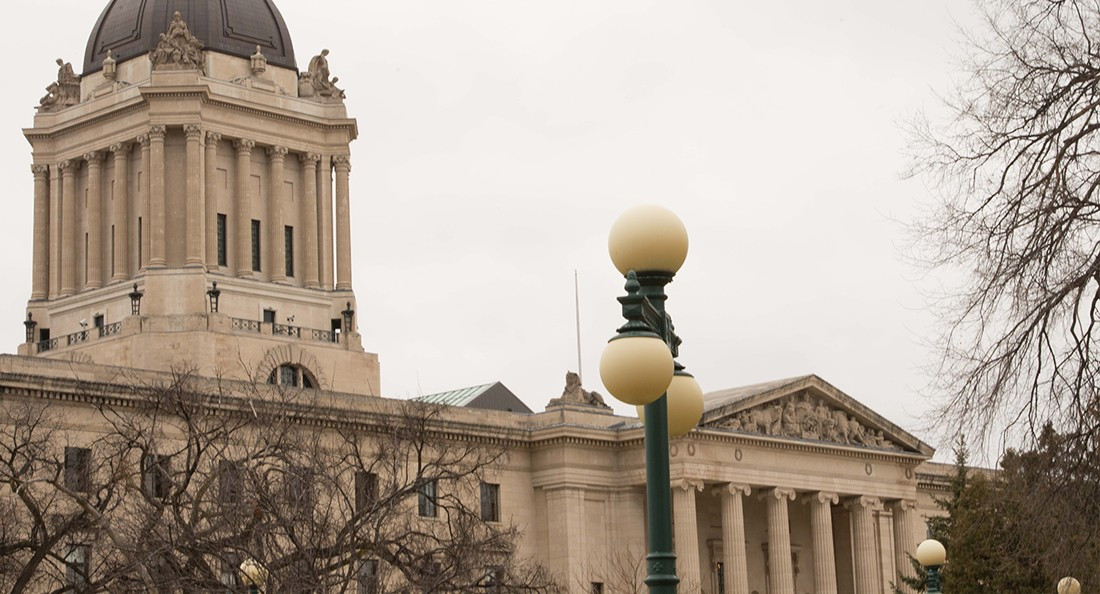Charter rights for the rich only?
Fighting legislation that limits access to justice for the marginalized
Many bills go through the legislature every year without public notice, but members of Charter Rights for All, a coalition of advocacy organizations, say Bill 24 needs to be on Manitoba's radar.
Megan Linton, who has been working with Charter Rights for All since March, says Bill 24 removes “the most marginalized folks’ ability to access justice.”
According to Michael Barkman, the chair of Make Poverty History Manitoba, “Bill 24 is about prohibiting the Social Services Appeal Board (SSAB) from hearing and granting remedies based on the Canadian Charter of Rights and Freedoms.”
“The (SSAB) is a really important board that hears cases and appeals from people on unemployment and income assistance, on rent assist, on disability programs and a number of other really important social services for Manitobans,” Barkman says. “We think that (Bill 24) could definitely limit charter rights for already marginalized Manitobans, especially those living in poverty.”
Barkman says the bill is worrying in the context of the provincial government’s plan to address poverty being a year and a half overdue, as well as an ever-decreasing amount of people able to access Rent Assist.
Linton and Barkman say the bill was brought forward with no consultation from the community or organizations that work with and advocate for marginalized Manitobans.
“We don’t know why it’s been introduced, and that’s something we’d really like to work with the government on to try and address those key underlying issues that haven’t been identified for community members,” Barkman says.
He also says given that there are many administrative tribunals that weigh in on the Charter, restricting only the SSAB does not make sense.
“I think they knew that this wasn’t a good thing, but through using inaccessible language and not doing consultations, they are trying to hide it from the public,” Linton says.
Linton says while marginalized people can alternatively bring a charter complaint forward in the Manitoba Court of Appeal, that route would be much more time consuming and require a lawyer, which even with legal aid, would be a significant financial burden.
Charter Rights for All hosted a 24-hour charter read-in from 11 a.m. on Oct. 31 to 11 a.m. on Nov. 1 at the Manitoba Legislative Building to draw attention to this proposed restriction on charter rights.
“We are doing a read-in, because I think it’s important for us to recognize that the charter was created in order for us all to have access to freedoms and to be free from discrimination,” Linton says. “We’ve seen this across the provinces recently, the desire from provincial politicians to remove the charter, the ability for marginalized folks to use the charter.”
“So reading this piece of the Constitution Act, one, shows that it’s for everyone and, two, it’s just a reminder for the provincial government that the Charter of Rights and Freedoms is for everyone, and that it’s supposed to protect us as citizens from discrimination, and removing it or our ability to access it is violence,” Linton says.
Published in Volume 73, Number 8 of The Uniter (November 1, 2018)








